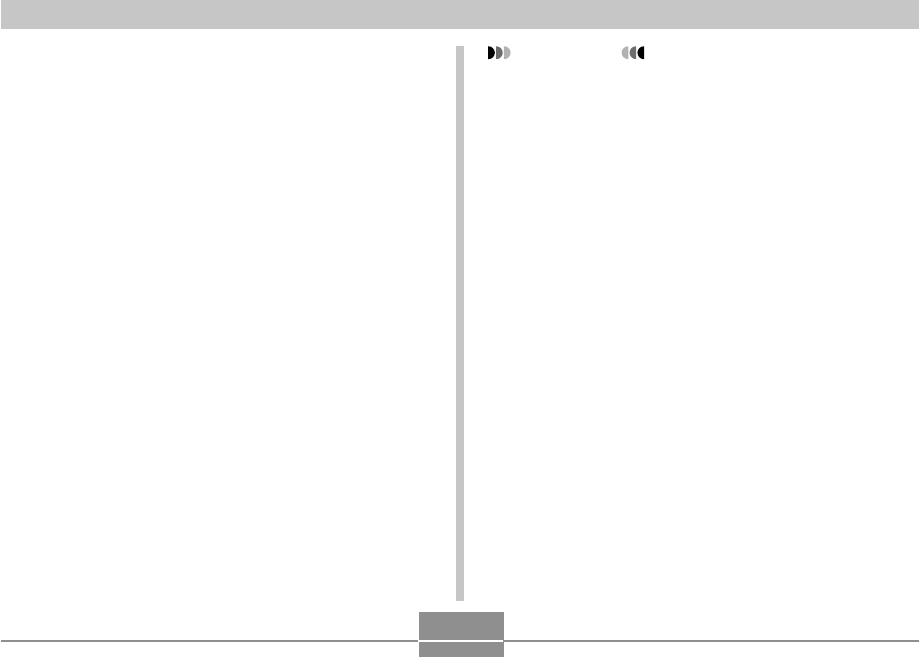
VIEWING IMAGES ON A COMPUTER
170
IMPORTANT!
• Never use your computer to edit, delete, move, or
rename images stored in the camera’s file memory.
Doing so can cause problems with the image
management data used by the camera, which may
make it impossible to display images on the camera
or it may cause large error in the number of images
value displayed by the camera. Always copy images
to your computer before performing any edit, delete,
move, or rename operation.
20.
Depending on the version of Windows you are
running, use one of the following procedures
to terminate the USB connection.
■ Windows 98/XP Users
• After pressing the USB cradle’s [USB] button and
making sure that the [USB] lamp is not lit, remove
the camera from the USB cradle.
■ Windows Me/2000 Users
• Click card services in the task tray on your computer
screen, and disable the drive number assigned to the
camera. After pressing the USB cradle’s [USB]
button and making sure that the [USB] lamp is not lit,
remove the camera from the USB cradle.
19.
Depending on your operating system, perform
one of the following procedures to save the
files, if you want.
■ Windows 98, 2000, Me
1.In the camera’s file memory (Removable Disk), right-
click the “Dcim” folder.
2.On the shortcut menu that appears, click [Copy].
3.Double click [My Documents] to open it.
4.On the My Documents [Edit] menu, click [Paste].
• This copies the “Dcim” folder (which contains the
image files) to your “My Documents” folder.
■ Windows XP
1.In the camera’s file memory (Removable Disk), right-
click the “Dcim” folder.
2.On the shortcut menu that appears, click [Copy].
3.Click [Start] and then [My Documents].
4.On the My Documents [Edit] menu, click [Paste].
• This copies the “Dcim” folder (which contains the
image files) to your “My Documents” folder.


















